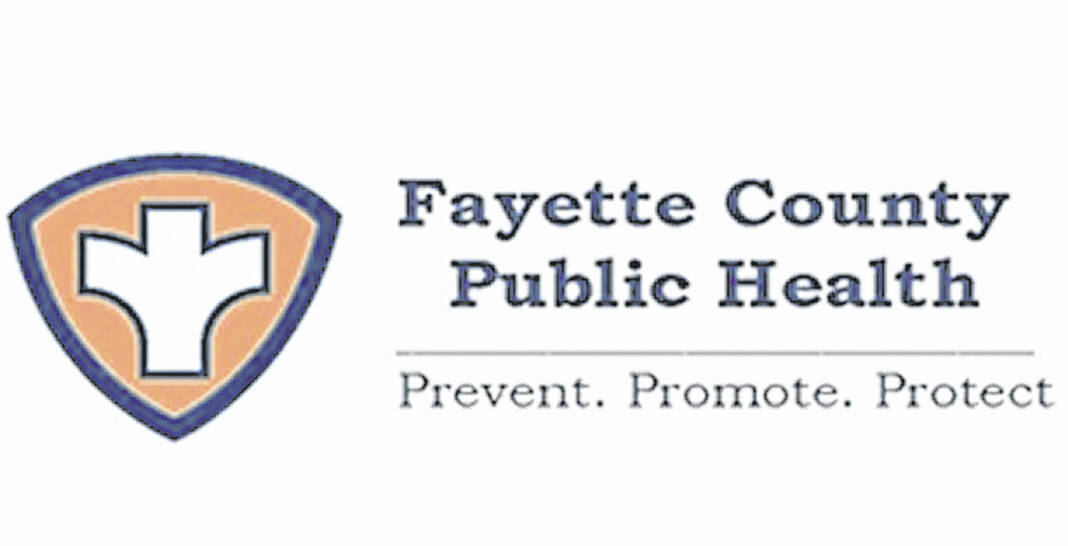
Columbus Public Health (CPH) is reporting a measles outbreak in central Ohio, with 92% of the cases occurring in children under the age of 5 years.
The Ohio Department of Health (ODH) is working closely with CPH and other local public health officials, and in consultation with the Centers for Disease Control and Prevention (CDC), to respond to confirmed cases. Since the start of the outbreak in November, there have been 63 cases reported, with 25 hospitalizations. Sixty of the children were unvaccinated and three were partially vaccinated.
Measles is a highly contagious infectious disease that can spread from person to person through coughing and sneezing. If one person has measles, up to 90% of those who come into contact with that person and who are not immune can also become infected, according to the CDC.
Vaccination
The CDC recommends two doses of measles vaccine routinely for children, starting with the first dose at age 12 through 15 months and the second dose at age 4 through 6 years before school entry. To schedule an appointment for the MMR vaccine, call Fayette County Public Health at 740-335-5910 or speak to your healthcare provider.
Frequently Asked Questions About Measles
What is measles?
Measles is very contagious and can cause serious illness. Measles is caused by a virus and spreads very easily when an infected person breathes, coughs or sneezes. Measles spreads so easily that anyone who is exposed and not immune (either by being immunized or having had measles in the past) will probably get it.
What are the symptoms of measles?
• Fever
• Runny nose
• Cough
• Conjunctivitis (red, watery eyes)
• Rash all over the body
People can spread measles before they show symptoms. Symptoms usually last 7-10 days.
How is measles prevented?
The measles, mumps and rubella (MMR) vaccine is very safe, effective and the best protection against measles. Two doses of MMR vaccine are about 97% effective at preventing measles. One dose is about 93% effective. There are measles outbreaks in the U.S. and abroad. Unvaccinated young children have been diagnosed recently in Columbus — the first confirmed measles cases and outbreak in our community in over 20 years. You can protect your family with the measles, mumps and rubella (MMR) vaccine. Anyone who travels internationally, including infants 6-11 months of age, should be up to date with MMR.
How is measles treated?
There is no cure for measles. Over-the-counter medications can help relieve the fever. Other symptoms usually disappear within 2-3 weeks.
Who needs the measles vaccine (MMR)?
Children – Children should receive two doses of MMR vaccine, starting with the first dose at 12-15 months of age and the second dose at 4-6 years of age or at least 28 days following the first dose. Students at Post-High School Educational Institutions – Students at post-high school educational institutions without evidence of measles immunity need two doses of MMR vaccine with the second dose administered no earlier than 28 days after the first dose. Adults – People who were born during or after 1957 who do not have evidence of immunity against measles should get at least one dose of MMR vaccine. International Travelers – People 6 months of age or older who will be traveling internationally should be protected against measles.
Who is at risk of measles?
Anyone who has not been immunized or had measles in the past is at risk. Babies younger than 12 months are at risk because they are too young to have been vaccinated.
How do I protect my baby who is under 12 months old?
If parents or caregivers have not gotten the MMR vaccine or had measles in the past, they should get vaccinated. It is important to make sure people who are around your new baby do not expose your baby to measles and other diseases (like whooping cough). What if someone in my family has measles or was exposed to someone with measles? Call your doctor, nurse or clinic right away. Before you go to the health care provider’s office, call to tell them that you or your family member might have measles. Stay away from other people until at least four days after the rash starts or a test proves you do not have measles.
Should pregnant people get the measles vaccine (MMR)?
Pregnant people should not get the MMR vaccine. Pregnant people who need the vaccine should wait until after giving birth. People should avoid getting pregnant for four weeks after getting the MMR vaccine.
Is the measles vaccine safe?
Research has shown that the measles vaccine (MMR) is safe and very effective. Getting vaccinated is much safer than getting any of the diseases the vaccine protects against.
Are there side effects from the vaccine?
Like any medication, the measles vaccine (MMR) may cause side effects, most of which are mild: • Pain at the injection site • Fever • Mild rash • Swollen glands in the cheek or neck
Does the MMR vaccine cause autism?
Vaccines do not cause autism. In fact, studies have shown that there is no link between receiving vaccines and developing autism. Scientists have carefully studied the MMR shot and no studies have found a link between autism and the MMR shot.
Do I ever need a booster vaccine?
If you have had two doses of MMR vaccine, you do not need a booster. If you are not sure whether you were vaccinated, talk with your healthcare provider.
Where can I get the measles vaccine?
To schedule an appointment for the MMR vaccine, call Fayette County Public Health at 740-335-5910 or speak to your healthcare provider. More information about measles is available on the ODH Measles FAQ page, which can be found at odh.ohio.gov.
The information in this article was provided by Fayette County Public Health, Columbus Public Health, Franklin County Public Health, and the Ohio Department of Health.

